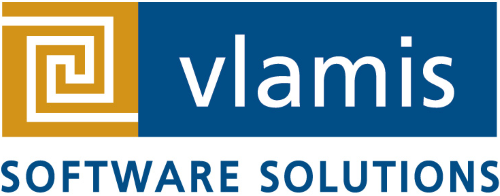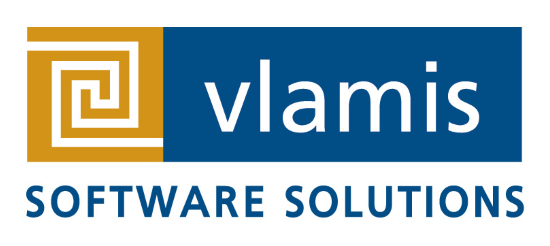Vlamis Software was hired by the National Petroleum Council to develop a data warehouse to analyze global energy demand and supply through 2030. We are honored to be responsible for developing the data warehouse used by the NPC. We used a mix of relational technology and Oracle OLAP analytic workspaces to perform the aggregations and averages necessary for the analysis. This was particularly challenging for the areas where we needed to supply code and logic, but for confidentiality purposes, were not able to see the raw data itself! We developed many of the reports and graphs used in the analysis using Discoverer Plus OLAP. As this report was commissioned by U.S. Energy Secretary Samuel W. Bodman, this report is now “in the news”. Simply Google National Petroleum Council for July 18 or July 19 and you’ll see lots of references, including one in the New York Times. You can find much more about this on the NPC web site. Page 352 of the full report, includes the following:
The data warehouse was designed to be the main analytical tool for the Task Groups, accepting all data collected from the survey questionnaire and other data sources. As the survey data were multi-dimensional, Oracle OLAP database technology was used and the collection was organized using 7 dimensions:
- Time (year)
- Geography (country or geographic region)
- Energy type (e.g., Oil, Gas, Coal, Nuclear, Renewable)
- Energy sector (e.g., Commercial, Residential)
- Case type (e.g., Business as usual, Alternative energy policy)
- Units (applicable unit of measure)
- Source (e.g., Public, Proprietary)
This was a very interesting project to work on with many interesting technical challenges, including non-additive data, skip-level hierarchies, non-standard aggregation rules, and more. We hope that this data becomes publicly available some day. Contact us if you want to know more.



